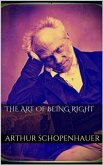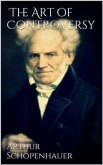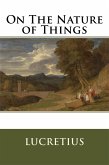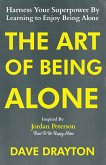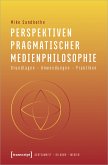The Art of Being Right: 38 Ways to Win an Argument by Arthur Schopenhauer (Bauer World Press)
Unlock the secrets to mastering the art of argument with Arthur Schopenhauer's The Art of Being Right: 38 Ways to Win an Argument. This classic guide reveals powerful strategies for debating and persuading others, offering timeless insights into the tactics and psychological maneuvers that can turn the tide of any discussion. Whether you're a philosopher, debater, or just looking to improve your communication skills, Schopenhauer's techniques will equip you with the tools to argue effectively and convincingly.
Unlock the secrets to mastering the art of argument with Arthur Schopenhauer's The Art of Being Right: 38 Ways to Win an Argument. This classic guide reveals powerful strategies for debating and persuading others, offering timeless insights into the tactics and psychological maneuvers that can turn the tide of any discussion. Whether you're a philosopher, debater, or just looking to improve your communication skills, Schopenhauer's techniques will equip you with the tools to argue effectively and convincingly.



